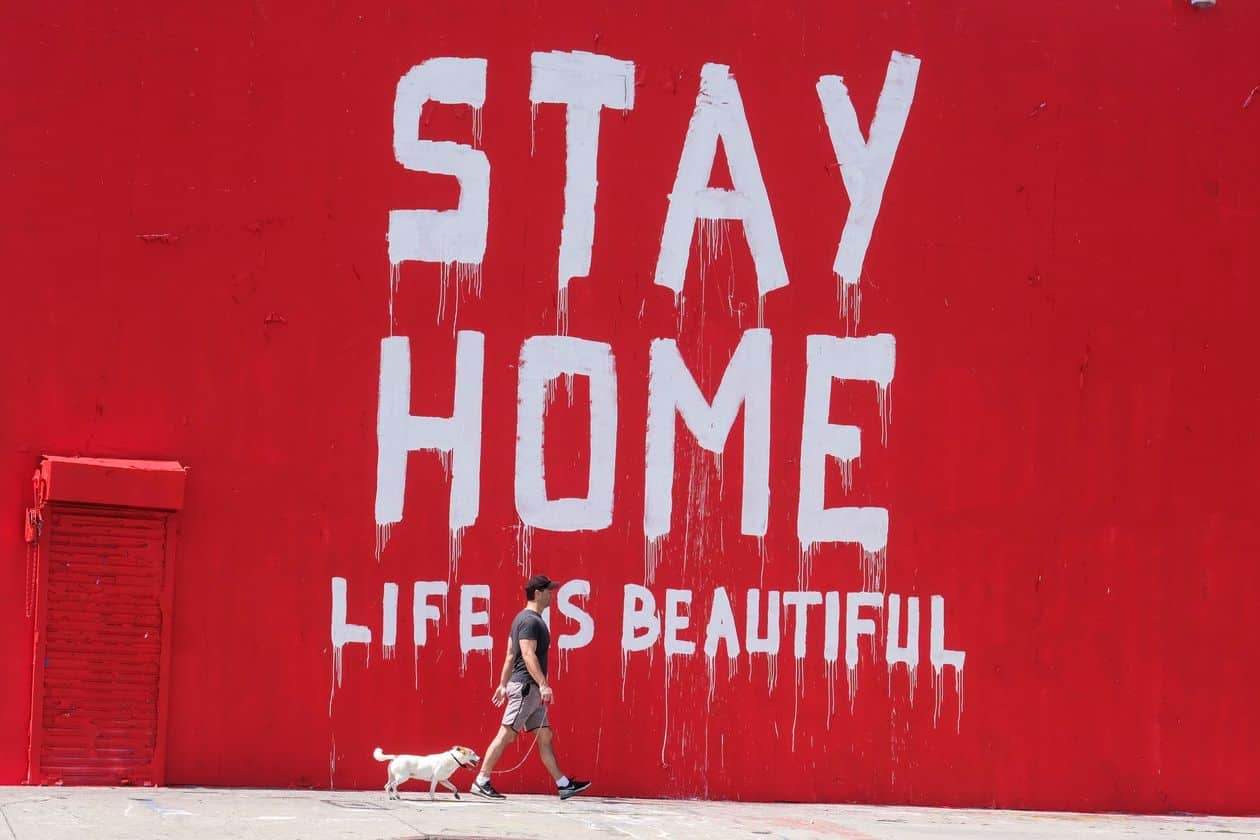Google Offers User Location Data to Health Officials Tackling Coronavirus

Google will help public health officials use its vast storage of data to track people’s movements amid the coronavirus pandemic, in what the company called an effort to assist in unprecedented times.
The initiative, introduced by the company late Thursday, uses a portion of the information that the search giant has collected on users, including through Google Maps, to create reports on the degree to which locales are abiding by social-distancing measures. The “mobility reports” will be posted publicly and show, for instance, whether particular localities, states or countries are seeing more or less people flow into shops, grocery stores, pharmacies and parks.
The data goes down to the county level in the U.S. Figures will be presented as percentage changes, rather than precise totals, and will only apply to broad categories of location types.
Other companies are also providing location data to government officials, who are scrambling to formulate responses to the pandemic, but Google controls perhaps the most detailed dossiers on smartphone and internet users. The company has said it wants to help stem the coronavirus’s spread but also doesn’t want to be seen as infringing on user privacy.
Google’s “community Covid-19 mobility reports” will use anonymized historical data, with a lag of two or three days, and cover 131 countries, according to the company. The company says: “Ultimately, understanding not only whether people are traveling, but also trends in destinations, can help officials design guidance to protect public health and essential needs of communities.”
Google said it consulted with the World Health Organization and the Centers for Disease Control and Prevention on the new tool.
The effort is just a fraction of what Google has on tap for the global pandemic. The Wall Street Journal has reported that the Alphabet Inc. GOOG -0.52% unit is among companies that have cooperated with a White House task force looking at controversial technologies such as individual location tracking to enforce distancing guidelines. Such technologies that have been effective in some countries are out of bounds in many democracies because of privacy concerns.
Alphabet’s closely held Verily division is also running a handful of testing sites in Northern California in an unusual private-public partnership touted by President Trump early last month. A Verily website screens patients with certain symptoms and directs them to drive-through testing locations.
Earlier this week, five U.S. senators pressed for more information on those testing sites, particularly the search giant’s requirement that patients must create or use a Google account to participate in the program.
Photo: Google’s mobility reports will use anonymized data and cover 131 countries. - PHOTO: RINGO CHIU/ZUMA PRESS











